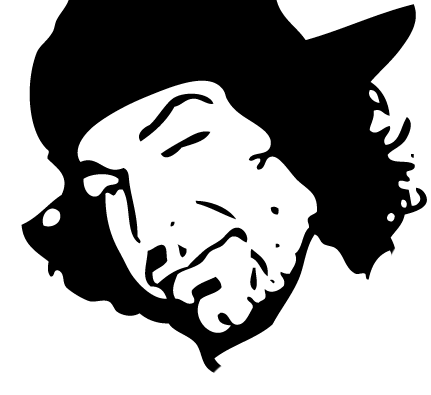President Barack Obama agreed with G20 international economic leaders that your bank accounts are no longer owned by you. Your banking account is now regarded by the United States as the bank's property and may be confiscated by the authorities to pay obligations and bank debts. The precedent has been set for seizing bank accounts under the doctrine in Cyprus. Citizens woke up one morning to discover ATM access and their banks locked. Even when I traveled to Greece, they were only allowed to withdraw 60 Euros per day. The lines at the ATMs were down the street. Since my bank is located in the United States I didn't have an issue pulling money out, but I had to wait in line with everyone else. In the future, it may not be that easy.
Bank Owners
Bank Tax
Now, we have seen a similar legal precedent being set in Australia for taxing your banking accounts. The reason for this is being described as "for your protection". This might be immediately adopted by America, as well. If this happens, you will be taxed whenever you bring in your money, spend your cash, invest your cash, and maybe even if you keep your cash. George Soros must have some inside information because he already took his money out three major banks. Soros won't face any legal issues taking his cash out but be careful if trying to take your money out of the bank, you could see jail time. George Soros's cash movements are predictive of future economic collapses as they've been before.
Long Lines
Inflation
Soros has removed his cash in the first quarter of 2014. According to our court system, once you deposit money into a bank, the banks now own that money. Basically, no interest is paid on hard earned cash that you put in the bank. Also, due to inflation, the longer you keep your money in the bank the less it will be worth. Let's say you deposit $50,000 into a bank account, within a year you will lose 10% of the value your money holds. Due to fractional reserve banking, the biggest scam, the banks may take $10, 000 and turn it into $90, 000 by just adding numbers after your name on a computer screen. After lending out the money, you're paid a minuscule interest rate. This practice further erodes your savings and adds to the inflation rate.
FDIC
Different Times
We don't live in a time anymore where you can just walk into your bank, pull out money and leave with no issues. Bank tellers are now trained to look for large withdrawal amounts. They will report suspicious activity. I've even had my own experience trying to pay for a wedding. The bank teller was questioning everything I was doing with my money. I'm not a professional investor, but if you are planning on removing your money from the banks try and reinvest it into things like physical gold and silver, maybe even Bitcoin. Also, be careful removing money from the bank, only do small amounts at a time. They are watching your every move in regards to your own money.
Please upvote, resteem, comment, and follow me
Sincerely Yours,
@johnnyyash




Yes they do. There is no point in acting like they don't.
Maybe they shouldn't own your money, if that is the case don't use their banks and their debt notes (federal reserve notes). When you hold FRN you are extending a no-recourse line of credit to their system. That is your call.
Gold, Silver, Bitcoin, and Steem.
Going to hide mine in the mattress :)
Convert it to Gold first.
Then my mattress would be hard and bumpy lol
Your bank balance is actually really an IOU. Then in USA, we have FDIC to guarantee we can get our money back. Of course, in Cyprus 2013, they ran out of money and gave "stock" in the bank instead. What good is that nonsense.
If we ever get to the point where we need to use the FDIC the money will be completely worthless.
This is the way I understand it.
The government doesn't even own the money. The Central Bankers do. They create it from nothing and lend it to the government at interest. At the point it is put into circulation, it has the highest purchasing power. By the time you and I get it, it will be worth less due to inflation.
When you deposit it in the bank, you become a creditor to the bank for whatever amount you have in deposits. If the bank has financial trouble, you will be treated just as a creditor.
Besides, all the $$ are in digital form these days, and there is a big move to do away with cash altogether. There simply is not enough physical cash to cover all deposits.
"money" from zero to max to zero , theft your time on the way in between for a fraud system
Could you please include your references? Particularly for The first couple of sentences. We should all read for ourselves when and how Obama agreed that personal bank accounts no longer belong to the depositor.